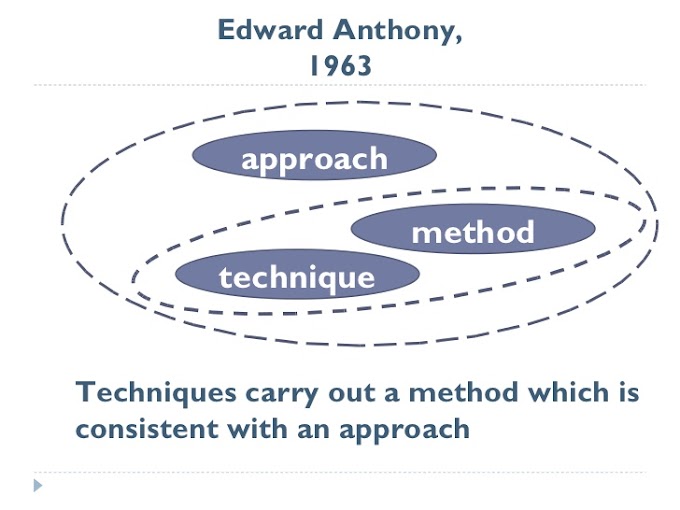 |
| Three Stages of nature in "Tintern Abbey" |
Tintern Abbey is a faithful record of the poets different stages of his thought regarding Nature. His thought of Nature may be traced in three different stages. Through these stages the gradual development of the poet's thought has been recorded in this poem.
1st Stage
In the first stage, in his boyhood, Wordsworth felt a coarser boyish pleasure in the presence of Nature. At this stage, he had an animal pleasure in the beautiful scenery of Nature. He found pleasure in roaming about in the midst of Nature. Like a deer he flitted from place to place and ran races in a restless manner over the mountains, by the sides of rivers and streams wherever Nature led him.
At this stage, the poet's love for Nature is instinctive. His close contact with Nature as a child has enabled him to enjoy the coarse pleasure of childhood. Nature was the repository of boyish pleasure to him. At that time Nature was the source of coarser pleasure.
2nd Stage
In the second stage, Wordsworth was in relationship with Nature physically. At this stage he loved only the sensuous beauty of Nature. The poet was enthralled by Nature's enchanting physical loveliness. He felt a deep love for the tall rocks, mountains and the jungle.
At this stage he experienced aching joys and dizzy raptures in his contact with Nature. But he had no philosophy of Nature. He loved only the sights and sounds of Nature. At this stage he cared only for the outward beauty of Nature, which he saw with eyes and ears.
3rd Stage
In the third and final stage, his love for Nature becomes spiritual and intellectual. The poet coming in close contact with the realities of became able to hear in Nature "the still, sad music of humanity." Contemplation over human sufferings has chastened and humanized is soul. This made him able to find an eternal bond between Man and Nature. The unintelligible mystery of the world has now been unveiled.
In this stage, the poet has gained a spiritual vision. The spiritual contemplation over Nature has disciplined his mind into a quite mood of mystic realization. He feels the presence of a mysterious soul permeating all objects of Nature and the mind of man:
A motion and a spirit, that impelsAll thinking things, all objects of all thought,And rolls through all things.
Wordsworth emphasized the moral influence of Nature. He spiritualized Nature and considered her as a great moral teacher, as the best mother, guardian and nurse of man. The poet believes that between Man and Nature there is a spiritual intercourse. So the poet says that Nature is :
The anchor of my purest thoughts, the nurse,The guide, the guardian of my heart, and soulOf all my moral being.
In accordance with Wordsworth, Nature deeply influences human character. Life is all joy for a worshipper of Nature. The worship of Nature removes all worries and troubles. So in the last part of the poem the poet advises his sister Dorothy to put herself under the eye of Nature and to cultivate friendship with Nature because Nature did not betray. The poet says:
Nature never did betrayThe heart that loved her : it is her privilege,Through all the years of this our life, to leadFrom joy to joy
Now, to conclude it can be said beyond any dispute that sworth's main philosophy of life is Nature and its influence on human life. The poem Tintern Abbey makes the most revealing document of Nature, philosophy and final testament of the soul's journey from sensuous to the spiritual. The poem is a true reflection of the poet's development of thoughts.



0 Comments